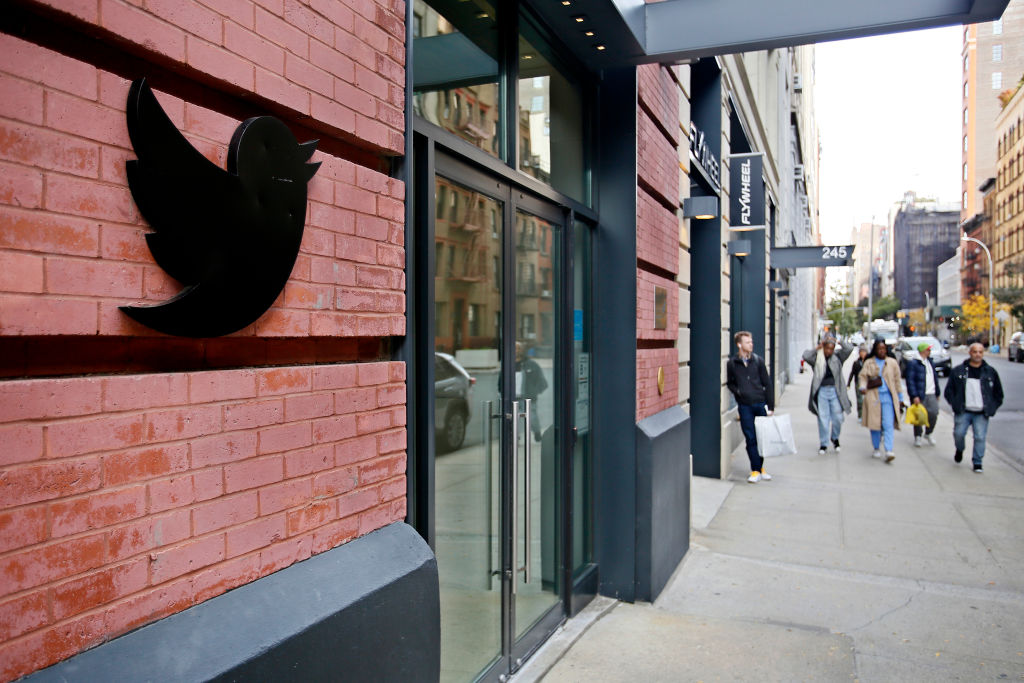Elon Musk’s acquisition of Twitter has been a rollercoaster experience.
The purchase of the social media giant came with significant changes including massive layoffs and payments for the once-coveted blue check.
Not to mention, AfroTech reported that one of the significant shifts with Musk as CEO was the closing of Twitter’s Africa office. The Ghana office had only 20 employees but was closed just days after officially opening.
Surprising moves like the layoffs and added restrictions have been back to back as Musk navigates his power leading the company. A recent development in the shake-up is the dissolution of its corporate development team that supported minority-owned venture capital firms.
According to Forbes, Twitter could be backing out of its promise of millions to venture capital firms and small businesses.
It All Started Well
Forbes reports that Twitter began investing in firms more than two years before Elon Musk took over the organization. Many organizations that received financial backing were minority- and woman-owned.
The social media outlet, led by Twitter’s corporate development team, dispensed $1 million to $2 million in checks to smaller venture capital (VC) firms. In addition, Twitter would buy about 10 to 12 startups each year. So investing in VC firms would help support underrepresented small businesses and create targets for what type of small businesses the company would acquire next. Forbes reports this method of investing also helps its diversity goals.
“Our diversity goals weren’t about being woke, they were about how people used our service and making sure we didn’t dilute our [company-wide staffing] diversity goals through M+A,” one former Twitter employee said to Forbes. “It was working.”
The Tides Began To Change
And while everything seemed to be going well for Twitter’s work in this area, things took a turn under the Musk administration. Several people linked to the program either were laid off or quit voluntarily, noting they saw the “writing on the walls.”
“The pool of people who knew about the venture investing in any detail dwindled to virtually one person,” said one venture capitalist. “They were told that there was basically one person in finance who still knew anything about the investing program, and so if they wanted to get the rest of the capital that they had not yet called, he was their best hope.”
At the beginning of this year, those who received funds from Twitter received a message from one of the company’s former corporate development team members informing them of the dissolution and outlining what was at stake for their businesses. They were told someone representing Musk would follow up with them.
Forbes notes it was able to reach many of the VC firm leaders, but none of them wanted to speak on the record for fear of negative backlash.
The Uncertainty Of What's Next
Fund managers have reason to remain quiet about Twitter’s possible payment default. If Twitter officially defaults on payments, Forbes outlined VC firms’ options as the next steps — shrink their fund size or tack on additional interest until payment is finally received.
Kari Harris, a funds practice chair for Mintz investments, notes that she rarely sees these types of defaults actually occur.
“There are real-world consequences of a default,” Harris said. “The reality is that it never happens. 99% of the time, the parties are going to work it out and come up with an answer.”
One VC firm leader told Forbes that it would be happy to speak out on who defaulted as a way to protect its image if it could find a buyer to take over Twitter’s promised responsibilities to the firm.
But regardless of what happens, it puts all parties in a precarious situation as they seek a plan forward amid uncertainty. What was once a promising investment strategy has now become a nightmare for the parties involved.
A Proven History
“It was supposed to be an investment that would be impactful without being an impact investment, and we loved that,” one VC firm leader stated, according to Forbes.
The current actions’ effect on underrepresented business owners adds to the long inequity claims against Twitter, including the elimination of employee resource groups (ERGs) and the previously reported increase in racially infused language on the site. All of the actions mentioned earlier occurred and heightened under the leadership of Elon Musk.


